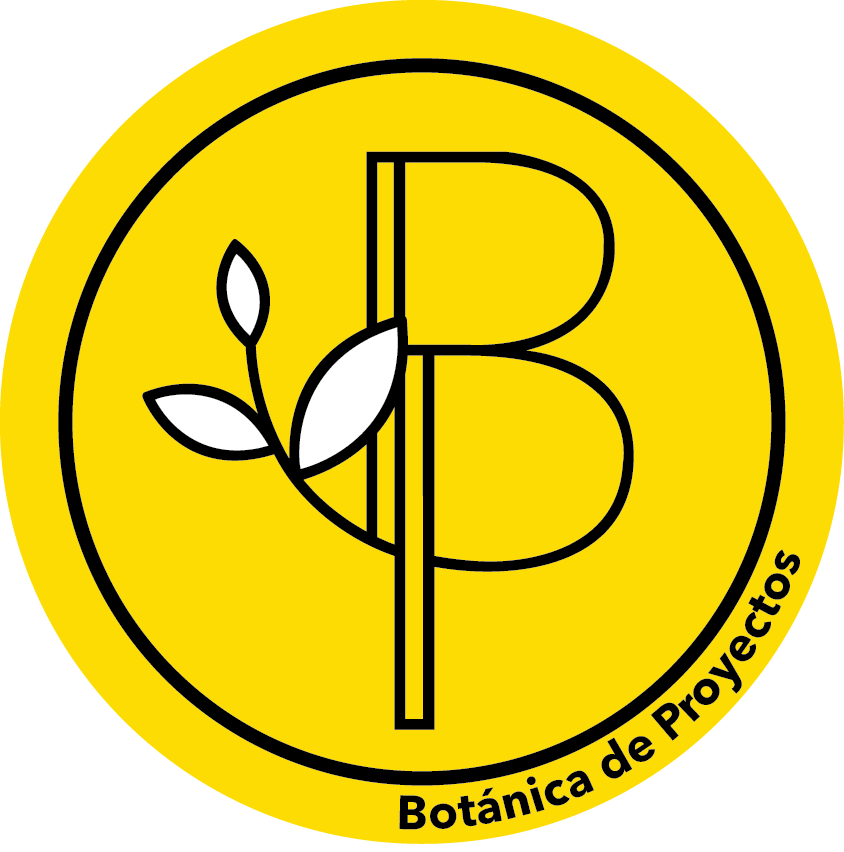25N Interview to Patricia Ordaz
#16daysofactivism campaign as part of the 25 November International Day for the Elimination of Violence against Women.
“The gap is still there. In every sense. Both on a professional and personal level, it has an impact on women lives in the film industry.” Patricia Mention.
Mexican filmmaker Patricia Ordaz, director of “Toloriu”, studied communication in Mexico and a Master's degree in documentary film in Spain. Before going to study, she worked briefly as production assistant for a company and for a couple of film projects, but it was not until she went to study documentary film in Barcelona ten years ago that she really began to shape her career in the industry.
I have been creating a place for myself in the audiovisual industry for many years.
I didn't know I wanted to be a director until I understood it was something within my reach.
During her university studies she participated in a 4-month academic exchange at the University of California, in Santa Barbara. It was there that Patricia was presented with a range of possibilities, taking her first scriptwriting and set lighting classes. “Until that moment, what I thought I would do with my life was write about cinema; “Making films was not on my horizon.” “But in California a world of possibilities opened (..) all you could breathe was cinema and the possibility of doing it.”
In her childhood, Ordaz wanted to be a historian, archaeologist or anthropologist. It was not until she was a teenager that she became interested in cinema. “As a teenager, to see the cast in action, I started to watch movies making-of”. “I think watching making -ofs made me want to make films.”
I wanted to be part of that incredible universe.
Although her family trusted that she would work in the film industry, it seemed that they did not imagine that Patricia would direct her own films. “Or they give me advice as if it was a normal job, and making films, making your own films works differently.”
For Patricia, the difficulties were not a gender issue but a social class issue.
In my case, I don’t think obstacles were related to gender but to class. It is difficult to have access to artistic creation without having any family background or financial capital. To dedicate yourself to art, you must have to combine cultural, economic and social capital so the journey is a less difficult path and I arrived at this profession without the last two.
The film industry and the audiovisual industry in general have improved, but we are far from being an industry of achievements in gender gap issues.
She believes that she has been lucky to be able to find open, plural and equal workplaces, yet she has felt subtle questioning about decision-making by her male colleagues. “I genuinely believe that many times they don't even realize it. Seems a systemic chip of patriarchy embedded that has not finished coming out of their heads.”
She tells us that women in the industry seem to have more “doubts about having a stable couple or live motherhood because they do not have ideal working and economic conditions”. Patricia considers also equality does not exist in the executive level positions, crews, salaries or in the fact that women directors are still much fewer than men.
When asked how she believes her work as a filmmaker can help reverse issues such as violence against women, improve the representation and diversity of women on screen as well as the work of women in the film industry, this was her answer: “Being a woman who directs and who plans to continue directing despite how difficult it may be, this is already a way to establish oneself in this industry and leave proof that we exist and resist. Directing is making many decisions; so it is a responsibility to make decisions where the themes and the way in which you approach them in your cinematographic work; to represent hegemonies, women, dissidents, childhood or men. We don't have to proselytize or pamphletize, we have the language of cinema to do it. We don't need more than that."


